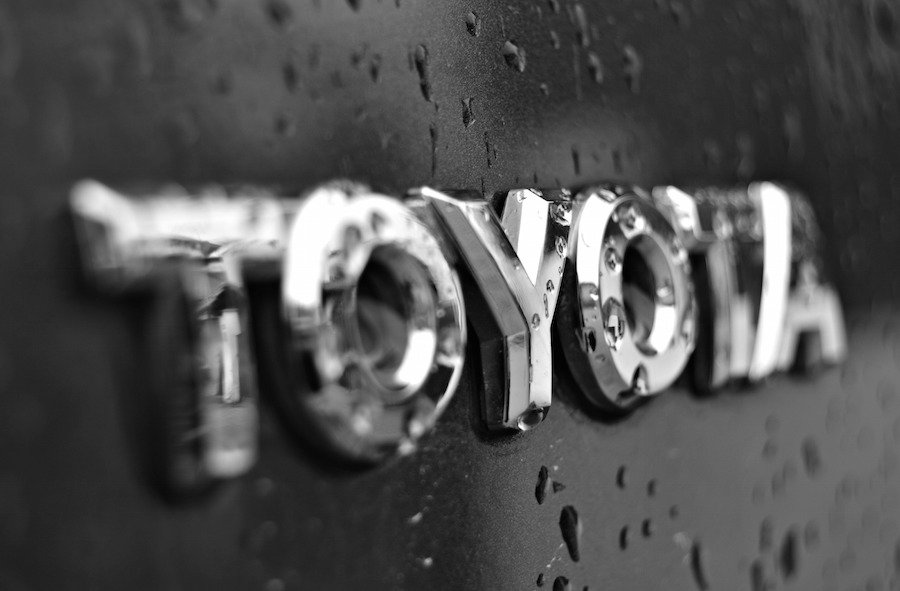Toyota Issues Do-Not-Drive Order For 20 Year-Old Cars With Deadly Takata Airbags

Toyota on Tuesday issued a “Do Not Drive” advisory for certain 20-year-old models equipped with Takata airbags. The declaration affects 50,000 2003-2004 Corolla, 2003-2004 Corolla Matrix, and 2004-2005 RAV4 models, with the company urging owners to get their vehicles fixed as soon as possible.
General Motors also issued a similar advisory for around 11,000 2003-2004 Pontiac Vibes. The two automakers built the Corolla Matrix and Vibe at the same factory.
It’s been over a decade since automakers issued the first recalls for the deadly Takata airbags, which would go on to affect 67 million inflators in tens of millions of cars in the US alone. However, despite these recall efforts, there are still cars on the road today that haven’t been repaired, and companies are doing all they can to convince owners to get them fixed, with some going as far as to issue “Do Not Drive” warnings.
The propellant in these airbag inflators can break down over time when exposed to longterm temperature fluctuations. This can cause the inflator to explode during deployment, sending shrapnel into the cabin and making older vehicles that haven’t been fixed especially dangerous.
Toyota says the driver-side airbag needs to be replaced in the RAV4. The Corolla models need only their passenger-side airbags replaced.
Bad inflators have resulted in 26 deaths in the US, five of which occurred in 2022. The inflators have killed more than 30 people worldwide, and Toyota isn’t the only automaker going to the extremes to get owners to comply. Last year, BMW, Honda, and Ram issued “Do Not Drive” advisories on several models from the early 2000s.
To stay up to date on everything about the Takata airbags and to see if your vehicle needs repaired, check out the landing page about the recall from National Highway Traffic Safety Administration.
Related News


